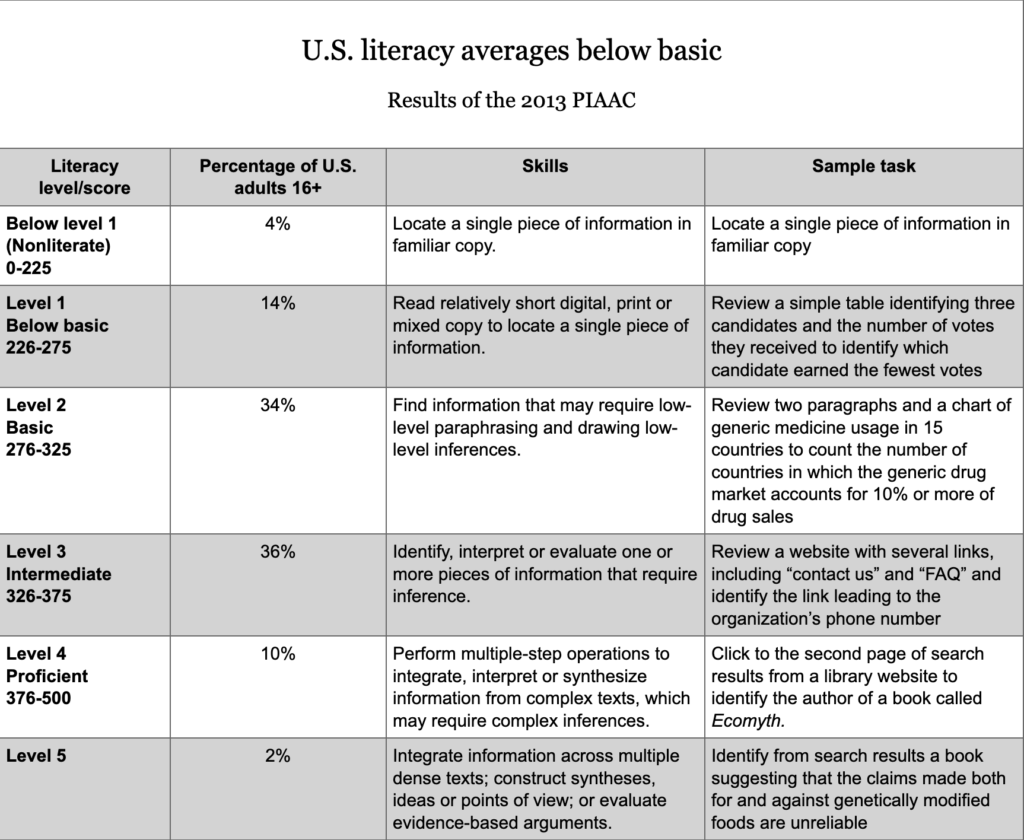The difference between active and passive reading
If you’re someone that reads for increased understanding, how well you read can have a significant impact on your life. This is not about the title of the book you read, or whether you read 30 or 50 books a year, it’s about whether you read actively or passively.
A passive reader will finish a book and feel frustrated at the amount of knowledge they’ve retained, or their inability to apply lessons from the book to real life. They read all the words on the page, put the book away and move onto the next one, pretending that the knowledge they read about is now theirs. Most people are passive readers.
An active reader is someone who engages with a text. They treat an author like a teacher. They will have a dialogue with the teacher and use the text to challenge their existing thoughts. They’ll be able to see underlying ideas in a book and the interaction of these ideas across their world view. An active reader will visualise what they read, store the knowledge and be able to use it when it’s applicable.
Are you on Team Active Reading or Team Passive Reading
I’m sorry to tell you, but according to statistics, it’s extremely likely you’re on Team Passive Reading (we wear white and blue). A 2013 study by Program for the International Assessment of Adult Competencies (PIAAC) found that only 2% of adults in America read at the highest level. A staggering 52% of adults were classified as Basic or below. This correlates with a grade 8 level. (Details of what each level entails below)

Although this study was over 10 years ago, my educated guess is that the numbers would be worse now. Look at some of the reading trends of the past decade:
- Blinkist and Headway have accumulated tens of millions of users to their book summary apps. These are 15 minute summaries of entire books, allowing you to claim that you have all the knowledge from them. Remember, these are summaries that someone else decided was what you should take away from the book. (Headway enables you to ‘read’ 30 books a month according to their website).
- Millions of others get their book reading done by reading a Twitter thread summary of a book.
- AI models now make it common practice for people to feed long text and books into it and respond with a summary.
These are options are like supercharged passive reading. You get told what the key points of the book are, and you memorise them.
This is not just a problem about reading, this is a problem thinking
Passive reading, book summaries, watching YouTube clips of book summaries: these are all done so you don’t have to actually think. Active reading requires you read what’s on the page, question whether it’s true, and form your own thoughts. So it’s not just about your reading skills. It’s about your thinking skills. And when you don’t think, your ability to think atrophies.
When you lose the ability to think for yourself, you become fragile. When 98% of society behaves this way, we lose the ability to question what’s said. We accept anything that is written, or told to us. The loudest voice wins. And when we don’t learn to think deeply about a problem, we lose our creativity and innovation. Or as Marc Watkins puts it:
The lure of frictionless reading could produce a profoundly atrophied culture of surface-level ideas rather than exploring them in depth.
What happens when this is an AI bot telling you what to do?
What does it look like for the 2%?
There were no follow up studies done on the people that were at Level 5 in the PIAAC study, but we can see what it looks like for some people based on anecdotal accounts.
- Jeff Bezos had “an uncanny ability to read a narrative and consistently arrive at insights that no one else did.” (From Working Backwards by Colin Bryar and Bill Carr)
- Elon Musk credits his knowledge of rockets and thus the ability to start SpaceX down to reading old Russian textbooks on space travel.
- Charlie Munger often spoke about reading as his way to accumulate wisdom, and he said the way to do this was to “get into the habit of relating what you’re reading to the basic structure of the underlying ideas being demonstrated.”
Countless people attribute their million and billion dollar ideas to come from reading, can you afford to miss that sentence that will do it for you because you’re passive reading?
